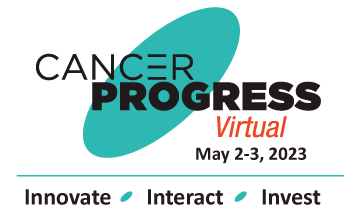From the earliest days of hematopoietic stem cell transplant to the present-day age of engineered modalities, allogeneic cells have always represented a unique set of entities versus their patient-derived (autologous) counterparts, both in terms of their logistical and clinical attributes. Whereas auto therapy can and should persist in the patient for a long time, in-kind allo assets may not due to the challenge of rendering cells invisible to the host immune system. On the other hand, allo cells offer the possibility of simplified supply chains, reduced COGS, competitive pricing, repeat dosing, improved batch-to-batch consistency, and graft-mediated antitumor effects not achievable with auto cells. Allo platforms come in many flavors, from donor-derived T-cells to umbilical cord- or iPSC-derived NK cells, not to mention rarer innate-like cell types (gamma-deltas, NKTs). The extent to which these different approaches, and indeed the overarching endeavor of allo cells as a whole, will achieve clinical and commercial success remains to be answered, but with the breakneck pace of innovation and clinical development, we will not need to wait much longer to find out.
Moderator: Michael C. Rice, MS, MBA, VP, Head of Advanced Therapeutics, Cello Health BioConsulting
Panelists
- Lung-I Cheng, PhD, Head of Global Value and Access, Cell Therapies, Takeda Oncology
- Kurt Gunter, MD, CMO, kuur Therapeutics
- Kaouthar Lbiati, MD, VP, Corporate Strategy, Cytovia Therapeutics
- Alan Trounson, MSc, PhD, CEO and Executive Director, Cartherics
